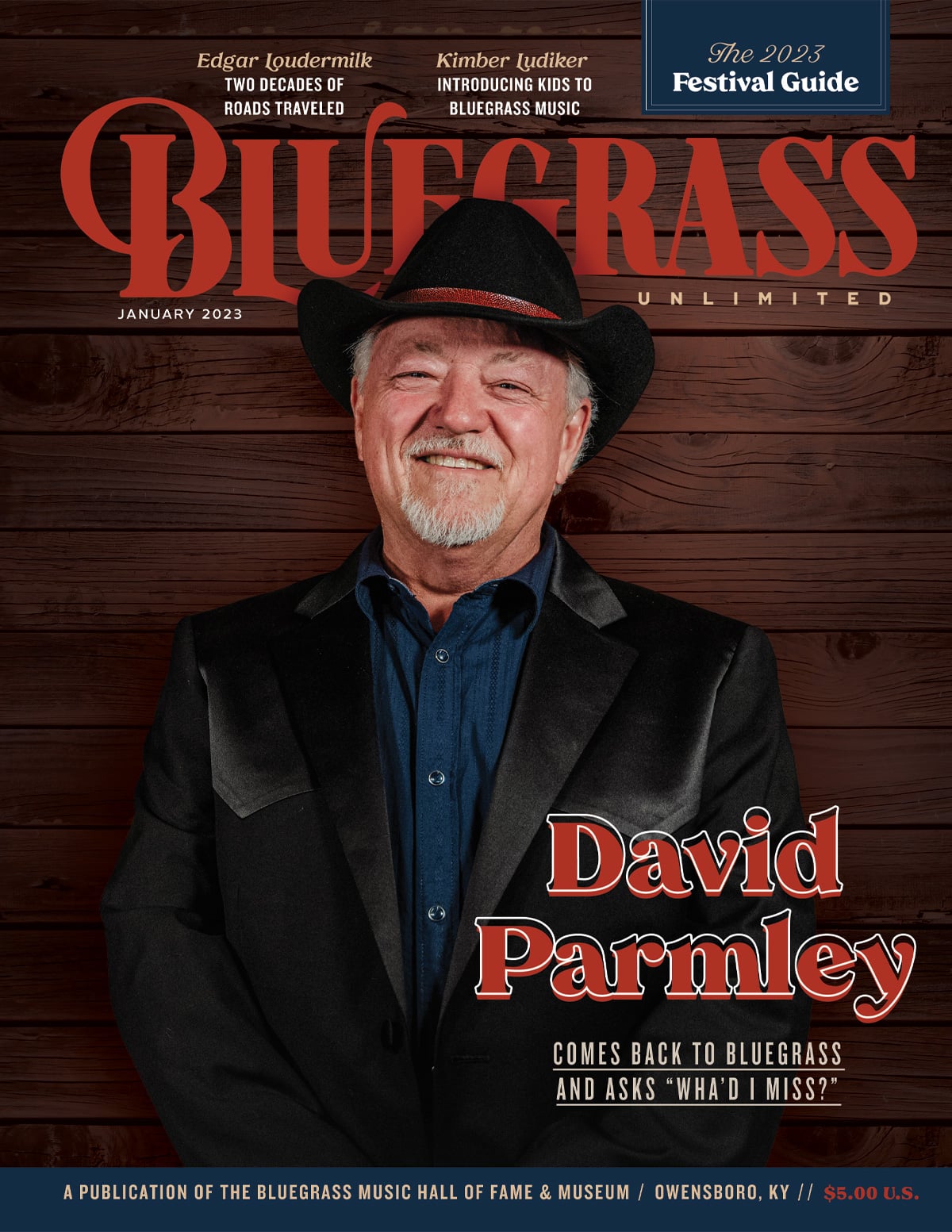THE BANJO: AMERICA’S AFRICAN INSTRUMENT
 THE BANJO: AMERICA’S AFRICAN INSTRUMENT
THE BANJO: AMERICA’S AFRICAN INSTRUMENT
BY LAURENT DUBOIS
Harvard University Press 9780674047846.
(Triliteral LLC, 100 Maple Ridge Rd., Cumberland, RI 02864, hup.harvard.edu.)
So you think you know the banjo? Really? Are you aware of the African roots and Muslim influence on this instrument? Do you see it as one of the emblematic symbols of bluegrass music? What about as a symbol of the African-American experience in America? Brought over as an idea, it was first played by slaves. When it was usurped by white minstrels, it became a form of mainstream entertainment. As the industrial revolution kicked in, the banjo grew from a homemade instrument that went “plunk plunk” to the shiny more metallic “ring, ring de banjo” of later years.
Dubois unearthed the roots of this instrument using extensive research and backs up this research with detailed reporting of sources. He uncovers the European ethnocentric disparagement of the banjo from early on, in derogatory accounts of heathens playing a crude instrument with a discordant sound. For some folks, that attitude has never changed.
As Dubois traces the banjo through time, we see it in several manifestations. We meet the first significant builders and their attempts to make the instrument more acceptable to the upper classes. We read the words of many observers, in the process learning a multitude of names for the instrument. Dubois digs deep into its history to bring forth the essence of the banjo, shedding new light and revealing new depths of understanding about what this instrument signifies in the collective American psyche.
Later chapters talk about banjoists, but it’s really not about the players of the banjo so much as it’s about what the banjo represents in their hands. The author is quite taken by Pete Seeger and sees Seeger as emblematic to the role of the banjo today. Bluegrass is discussed and so is Earl Scruggs as part of Monroe’s band, but this book is really about the banjo.RCB
